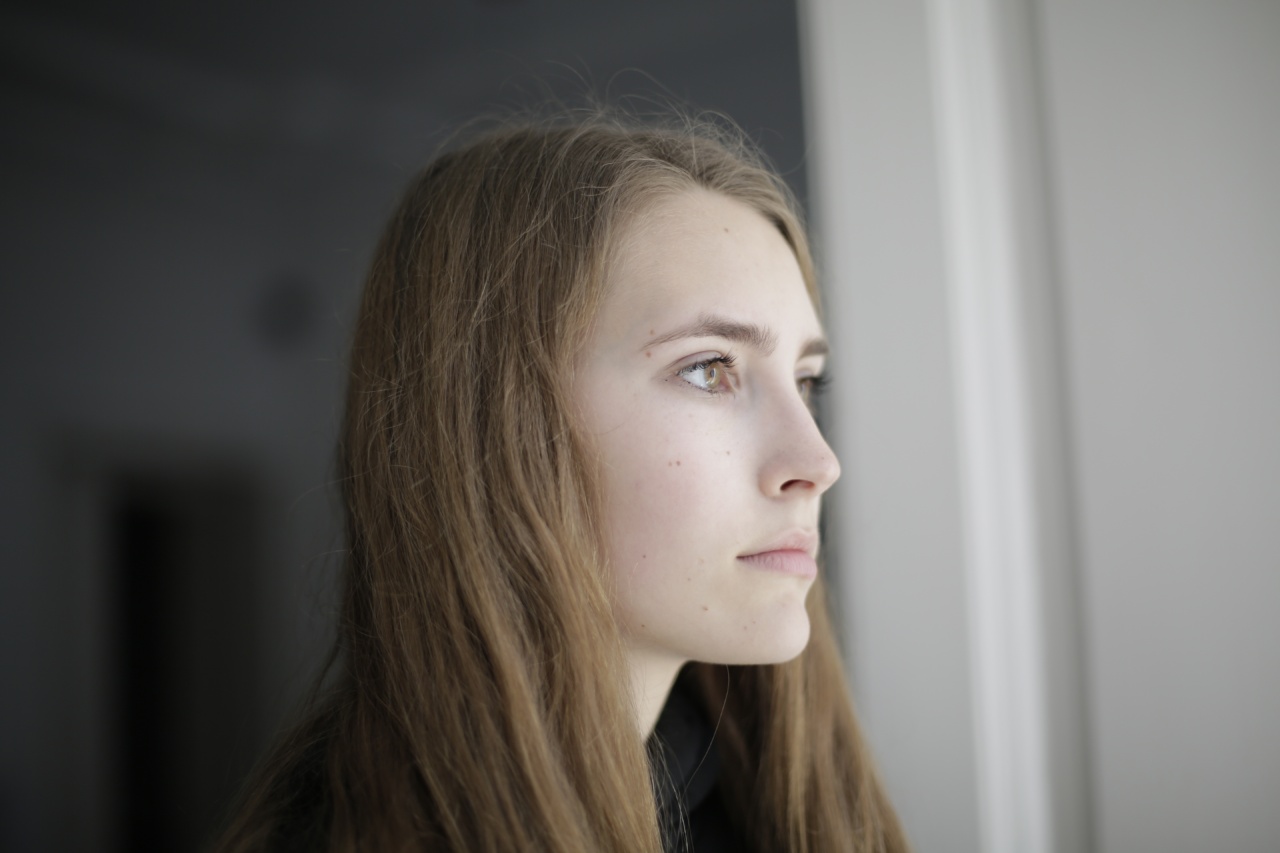Hypothyroidism, a condition where the thyroid gland does not produce enough thyroid hormone, can have various effects on the body. One of the areas most affected by hypothyroidism is the hair and skin.
In this article, we will explore the different hair and skin problems that can occur as a result of hypothyroidism.
Hair Loss
One of the common hair problems associated with hypothyroidism is hair loss. Hair loss can occur on the scalp as well as other parts of the body, such as the eyebrows and eyelashes.
This happens because thyroid hormones play a crucial role in the growth and maintenance of hair follicles. When there is an insufficient amount of thyroid hormone in the body, hair growth cycles can be disrupted, leading to increased hair shedding and thinning.
Dry and Brittle Hair
In addition to hair loss, hypothyroidism often results in dry and brittle hair. This occurs due to a decrease in the production of sebum, the natural oil that moisturizes the hair.
As a result, the hair becomes more vulnerable to damage, breakage, and split ends. Dry and brittle hair is often dull in appearance and lacks the luster associated with healthy hair.
Coarse and Thinning Eyebrows
Another noticeable symptom of hypothyroidism is the thinning and coarsening of eyebrows. The outer third of the eyebrows is typically affected, resulting in a loss of the tail-end of the eyebrows.
The remaining eyebrow hair may become sparse and more wiry in texture.
Dry and Pale Skin
The skin is also significantly influenced by thyroid hormone levels. Hypothyroidism can cause the skin to become dry, rough, and pale. The reduction in sebum production, as mentioned earlier, contributes to the skin’s dryness.
Additionally, the decreased metabolism associated with hypothyroidism can impact the skin’s ability to renew and regenerate, leading to dull and lackluster skin.
Swelling and Puffiness
Hypothyroidism can lead to a condition called myxedema, which is characterized by swelling and puffiness in various parts of the body, including the face. Facial swelling often occurs around the eyes, giving a droopy and tired appearance.
This fluid retention is caused by the accumulation of glycosaminoglycans in the skin, a result of decreased thyroid hormone levels.
Delayed Wound Healing
Hypothyroidism can impair the body’s ability to heal wounds. The decreased metabolic rate associated with low thyroid hormone levels slows down the processes involved in tissue repair and regeneration.
As a result, wounds may take longer to heal and can be more prone to infection. It is essential for individuals with hypothyroidism to promptly address any wounds and maintain excellent wound care to minimize complications.
Itchy and Dry Scalp
Many people with hypothyroidism experience itchiness and dryness on their scalp. This can be attributed to the reduced production of sebum, the scalp’s natural moisturizer.
The lack of sebum causes the scalp to become dry, leading to itchiness and flakiness. Utilizing gentle and hydrating hair care products can help alleviate these symptoms.
Acne and Breakouts
The hormonal imbalances caused by hypothyroidism can contribute to the development of acne and breakouts. The skin may produce excessive amounts of sebum in response to the hormonal fluctuations, leading to clogged pores and the formation of pimples.
Proper skincare, including gentle cleansing and non-comedogenic products, can aid in managing acne symptoms.
Lackluster Nails
The thyroid hormone plays a role in maintaining optimal nail health. Hypothyroidism can result in brittle, slow-growing, and thin nails. The nails may become fragile and prone to breakage.
Cuticles may also become dry and overgrown, further compromising the appearance and health of the nails.
Cold Intolerance and Dryness
Individuals with hypothyroidism often experience a heightened sensitivity to cold temperatures due to the decreased metabolic rate.
This intolerance to cold can affect the skin as well, leading to dryness and chapping, especially in cold and dry climates. Moisturizing the skin regularly and protecting it from harsh weather conditions can help alleviate these symptoms.




























